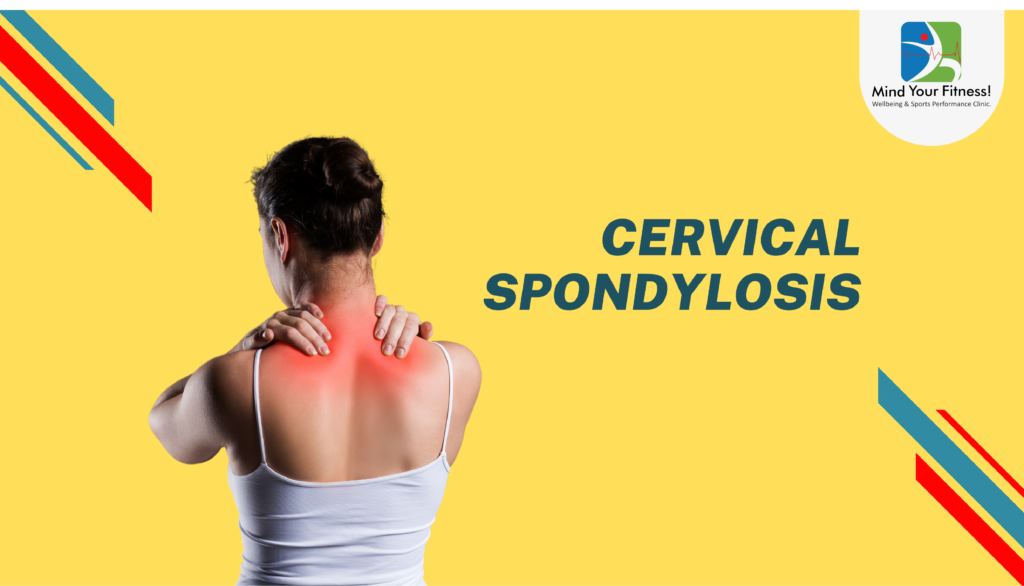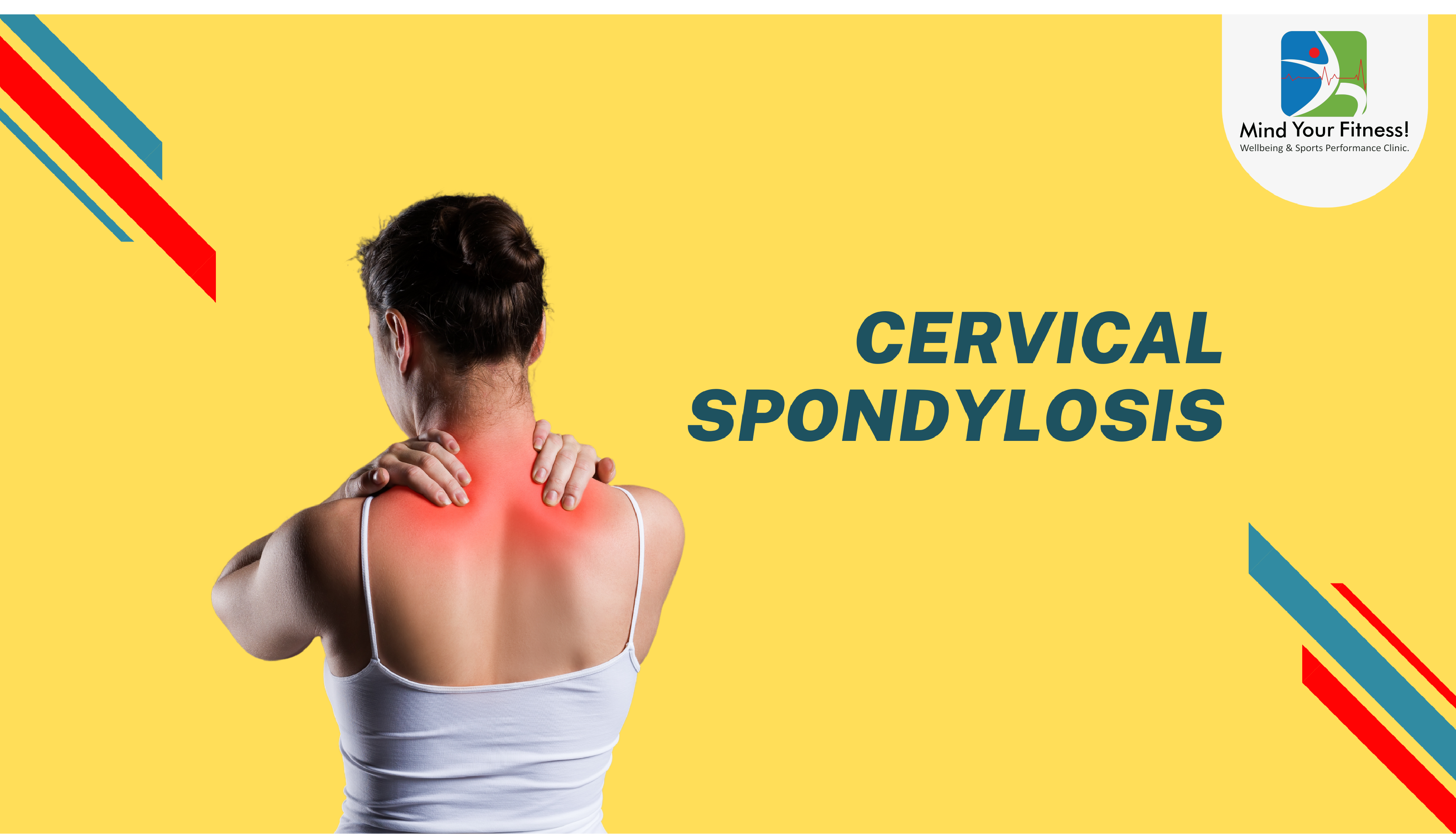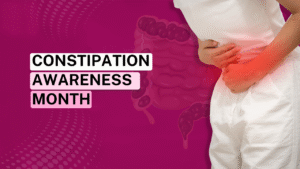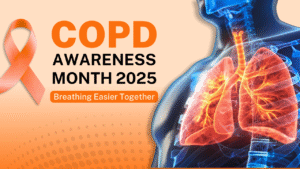
Age related or posture related wear and tear of the spinal discs is referred to as spondylosis.
Neck pain can be the main symptom of cervical spondylosis.
It is very common and can affect any age group, mostly associated with degenerative process in people aged above 60yrs old.
What symptoms are experienced in cervical spondylosis?
- Dull aching neck pain.
- Long-term pain in the sides of the neck.
- Stiffness along the neck.
- Tingling sensation/weakness/numbness around the neck, shoulder or arm.
- Referred pain from the neck to the elbow or sometimes to the palm & fingers on one side or both.
- Tightness of muscles around the neck.
- Occasionally dizziness and vertigo in severe cases.
What causes cervical spondylosis?
- Intervertebral disc bulge in the cervical spine.
- Loss of water content in the disc, leading to dehydrated discs and thereby pinching the nerve next to it.
- Herniated disc or intervertebral disc prolapse.
- Loss of the nature curvature or exaggerated curvature of the cervical spine.
- “Text neck” or excessive forward neck posture leading to weakness of the neck muscles.
- Bone spurs in the cervical spine.
- Stiff spinal ligaments.
- History of persistent headaches and migraines.
- Presence of a cervical rib/1st rib (not very common), leading to stiffness of muscles around the neck.
- Lack of postural awareness at the work station.
Other causes can include :
- Lifting heavy weights on the head in certain group of population. Eg: laborers/industrial workers.
- Holding the bar on the shoulders in the wrong position while performing weight training exercises in the gym.
- Lack of shoulder strength.
- Long-term history of upper back muscle stiffness.
- “Whiplash” injuries in road traffic accidents.
- Hereditary factors.
Basic management for avoiding neck pain related to spondylosis can be as follows:
- Postural awareness and correction.
- Strengthening the neck muscles & neck muscle stretching under Physiotherapist supervision.
- Avoiding longer hours of looking into the computer screen/mobile phones.
- Correcting prolonged sitting position to avoid slouching of the shoulders.
- Cervical traction to relieve the pinched nerve causing referral pain.
- Using hot pack to relieve the muscles.
- Taping techniques/dry needling therapy.
- Using a cervical support in severe cases.
Dr. Janhvi Vayada – Clinical Sports Physiotherapist





